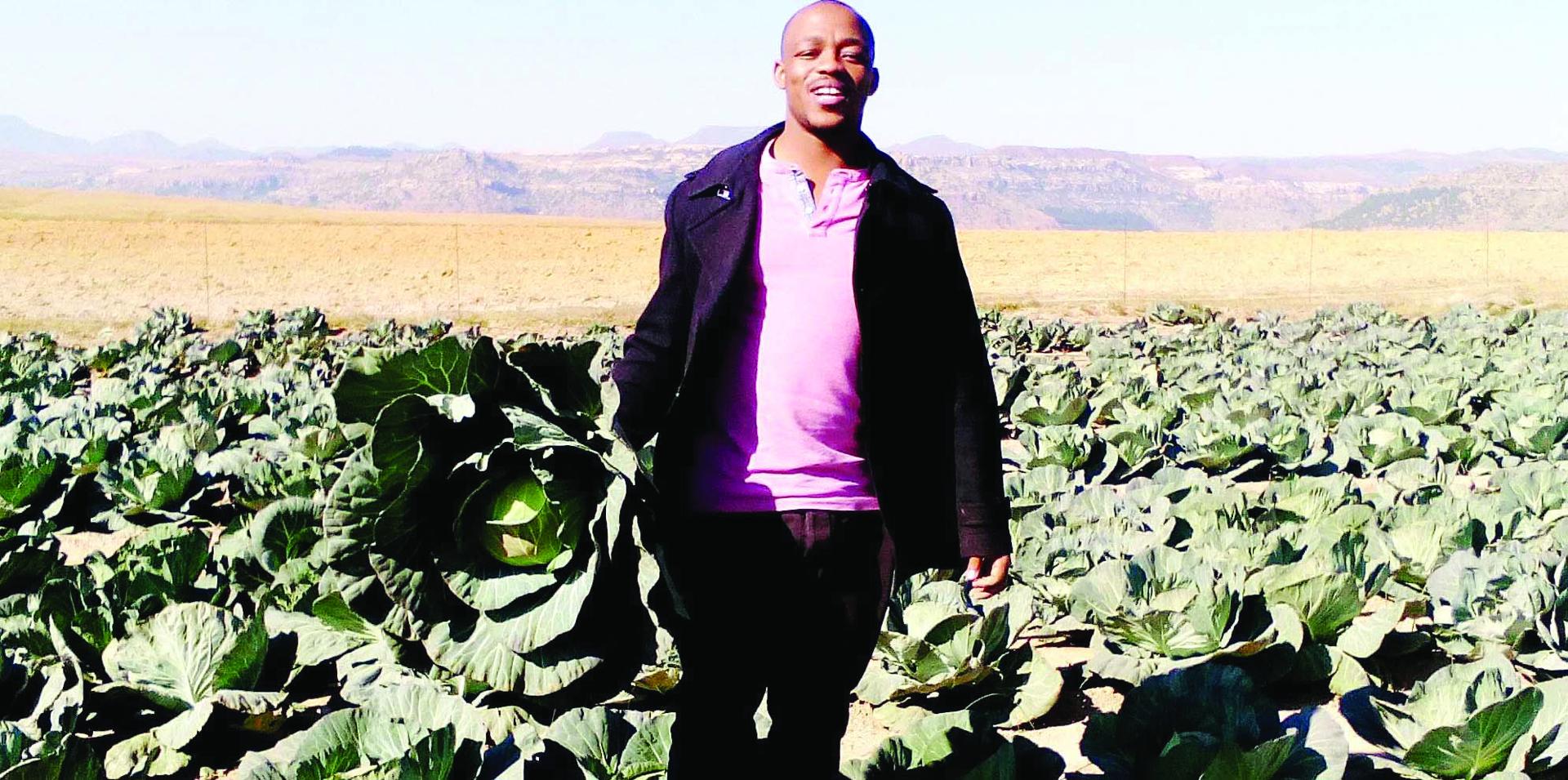Africa-Press – Lesotho. With heightened Coronavirus-borne economic adversities in the country, agriculture is seen as a catalyst towards recovery post-pandemic – despite a lackluster performance in recent years.
The sector has been struggling to make a desired economic impact in the past years, particularly due to lack of interest from the youth, lack of resources as well as financial assistance to capacitate smallholder farmers to realize their full potential.
Although the country achieved solid economic growth over the past two decades, growth has waned in recent years and it has lacked inclusiveness. As demonstrated in the National Strategic Development Plan (NSDP) II, real Gross Domestic Product (GDP) is estimated to have grown at an average rate of 4.0 percent between 1982/83 and 2010/11.
For the past five years however, the real GDP growth rates fell to an average of 3.4 percent per annum. Over these 40 years, the drivers of growth have changed significantly.
In 1984, agriculture was the most dominant sector, contributing 15.2 per cent to GDP. However, in recent years, the sector’s share in GDP has declined to 5.2 percent.
The significant decline in the sector’s contribution to GDP is a clear indication that the sector is struggling to regain control of the economy. With the economic frustrations caused by the pandemic, agriculture remains at the forefront towards economic recovery.
COVID-19 has resulted in hundreds of people losing jobs with the already high poverty levels further deepening. Private sector participation is seen as key towards assisting the sector regain confidence and contribute enormously in the economy.
In a continued move towards achieving this goal, UNDP has pledged financial support towards assisting small holder farmers regain confidence in the sector, an initiative which is likely attract further more young people to join the sector.
UNDP Resident Representative to Lesotho, Betty Wabunoha, revealed last week that her organization will implement activities towards private sector mobilization, capacity building of small holder farmers to scale up productivity and creation of linkages for market access.
This, she said, will contribute to the economic recovery and creation of employment opportunities. “Lesotho has recently received funding from UNDP’s rapid response facility to support its efforts towards recovery with a focus on promoting real economy.
This project is developed to link supplier development program and will be piloted in Mohale’s Hoek district,” “UNDP is further implementing other projects targeted at small holder farmers, climate change adaptation, renewable energy and innovations. We believe these projects are complementary in nature and will add value to the Lesotho local supplier development program,” Wabunoha said.
She added that UNDP intends to take full advantage of the partnerships with government and other development partners and civil society organizations to make the project a success as well as build one collaborative platform that may establish lessons for similar future initiatives.
Private sector participation is important to provide catalytic support to local producers in inclusive economic development. “In doing so, private sector led job creation and the aspirations of the NSDP II will be achieved.
We believe that to shape the post COVID-19 future, malty dimensional strategies through partnerships between the government, development partners and the private sector will quickly plough future platforms that will move the country to a more sustainable development journey,” she added. UNDP is contributing to the national socio economic recovery particularly focusing on productive capacities and potential of local value chains.
For More News And Analysis About Lesotho Follow Africa-Press






